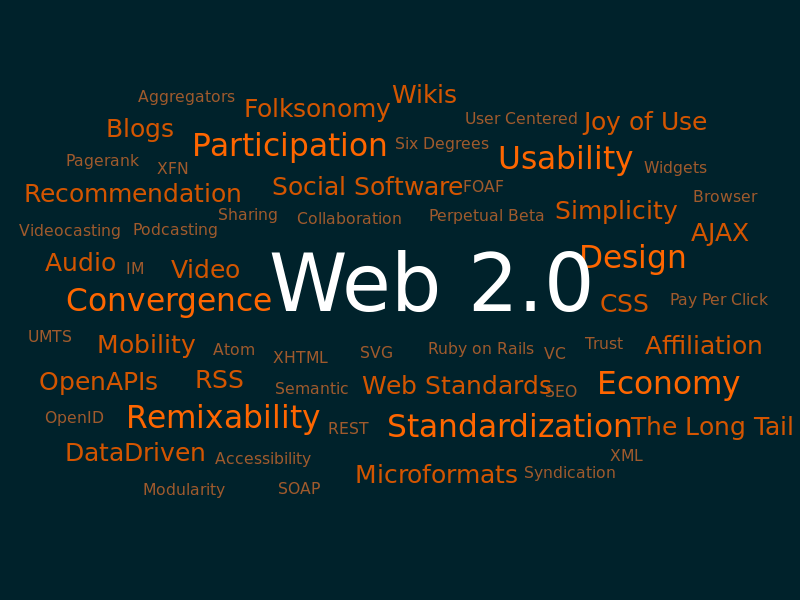So I keep hearing this term, and while I sort of get its
meaning, I’ve never sought clarification. Here goes.
I boarded the Google
search train and flung my bags into the overhead rack. Gazing around at my
fellow occupants, I experienced a sense of disquiet. One wore a t-shirt
proclaiming the benefits of Google Chrome. She gestured to its colourful little
symbol and gave me a thumbs up.
“Oh – no, thank you, I’m
with Firefox. I’m just a site-seer,” I hastened to inform her. She shook her
head in resigned disgust and turned away.
It was then that I
noticed the man in the corner, with a raised eyebrow, bearing a sign slung
around his shoulders which read “I’m Feeling Lucky.” I avoided his eye, telling
myself that I should have travelled with Ask Jeeves or Bing – even Yahoo!’s
shabby purple seats would have been preferable – but as the doors shut and the
train slid smoothly out of the station, I quickly forgot my strange companions.
The first site we
passed was Wikipedia. The landscape was inviting and familiar. I nearly hopped
out then and there, but glancing at the timetable I saw that the next stop
might be worth a visit. ‘What is Web 2.0 – O’Reilly Media’ – a catchy little
title, and one which promised me answers. I grabbed my bags and stepped quickly
off the train. The doors closed in Mr. Not-so-Lucky’s face.
It turned out to be a huge article, spanning several pages. I
found that the term ‘Web 2.0’ was coined at a 2004 conference in response to
exciting new developments on the World Wide Web. It refers to “a set of
principles and practices that tie together a veritable solar system of sites
that demonstrate some or all of those principles” (O’Reilly, 2005). These
principles emphasise (in part) user-controlled systems, the ‘perpetual beta’ (a
term I particularly like as it implies software that is continuously under
development and never absolutely complete), play, and participation – “harnessing
collective intelligence” (O’Reilly, 2005). The impression I receive from O’Reilly
is that Web 2.0 is a controversial, subjective term, but nonetheless serves a
purpose when describing the capacities of the modern-day internet and software
development.
In the end I confess I returned to Wikipedia. O’Reilly had a
lot more to say and I’m sure it’s of value to someone but I was not finding his
a quick solution. Wikipedia used a tag cloud to
present relevant concepts. If you click the image here, it will take you to the
interactive cloud, in which each word is a link to a related Wikipedia entry.
Is this, or is this not, brilliant in its simplicity?
(Image source: Wikimedia Commons)
Anyway. That’s Web 2.0, and I’m happy enough to use the term,
but it IS ambiguous and it does mean different things to different people.
O’Reilly, T. (2005). What is Web 2.0: Design patterns and business models for the next generation of software. Retrieved from http://oreilly.com/web2/archive/what-is-web-20.html
References
O’Reilly, T. (2005). What is Web 2.0: Design patterns and business models for the next generation of software. Retrieved from http://oreilly.com/web2/archive/what-is-web-20.html

I thought the train ride was fitting. You are certainly true in saying the term "Web 2.0" is ambiguous. I get really annoyed with the term as it appears to me that people are somehow saying the network has somehow died and been re-invented in new shiny clothes. Clearly this is not the case. I remember no funeral, no martial music to mark the passing of Tim Berners-Lee's creation (no not a non-entity, American, no mark, ex Vice President). I see it as an attempt by some to claim the space as redefined. In a sense it has been revolutionised, yes. Culturally changed and colonised by the younger, somehow fitter?generation? I think not! No the internet is the same internet it has always been. The interfaces have changed, the uptake of social network/media has done that. Peoples sudden realisation of the power has seen to that. I can guarantee that my experiences of changing versions of all things digital has never been good. Then again I have usually been the one implementing those changes and I have suffered "the slings and arrows of outrageous fortune" (Shakespeare Richard III). So I see the internet as Lenin would say as continuous revolution. I abhor the term as it denies the hard work and creativity of all Internet developers over all the years, and firmly attempts to place the "new shiny" internet in the hands of the manipulators of the technology rather than those who imagined how it could be. A grab at some self-proclaimed authority in the field. Then again I am a little radical in how I view things. So please see it your way as it is as legitimate as my view. Remember the first e-mail was sent before I was out of primary school, in 1971!! See here http://openmap.bbn.com/~tomlinso/ray/firstemailframe.html (The First Network E-Mail) ARPANET is the body who academically if you like police the standards of the protocols of the Internet. They publish RFC (Requests for Comments) on all things technical on the internet.
ReplyDelete